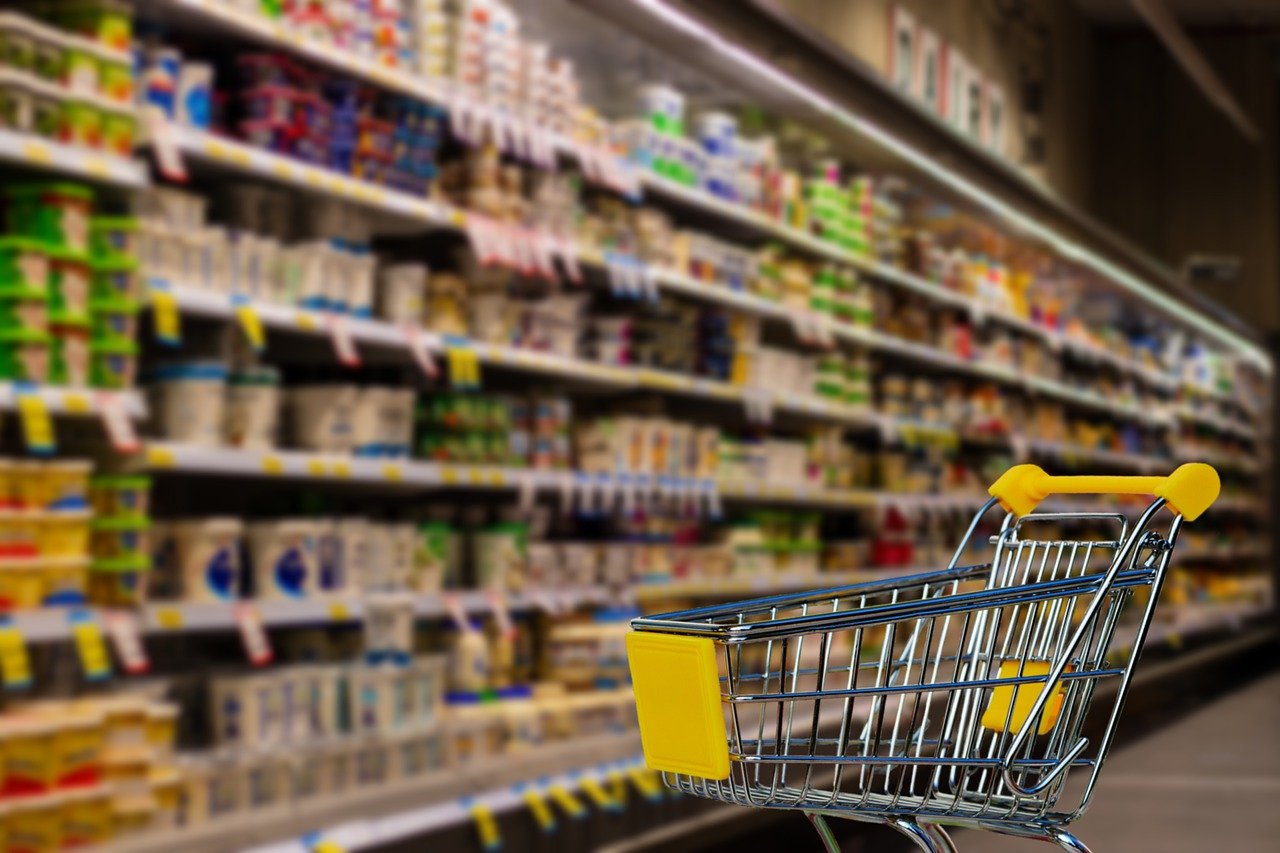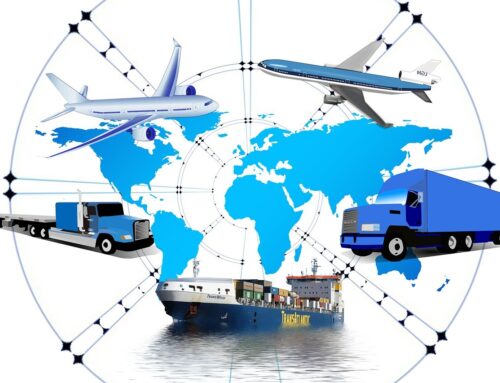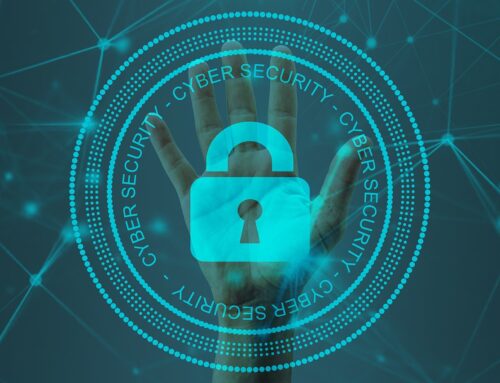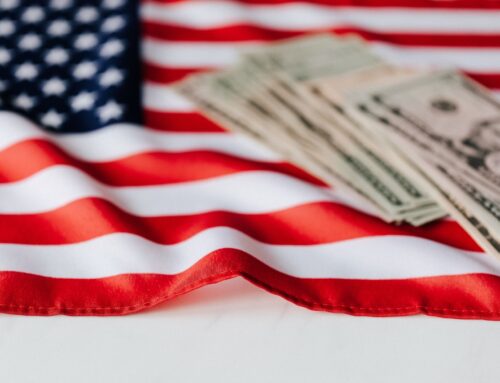Brick-and-mortar retailers continue to lag behind when it comes to the adoption of blockchain. However, a shift in thinking has been occurring over the past few years, with a growing number of organizations recognizing the potential of this technology. This shift is part of the greater digital transformation taking place across the retail industry.
Blockchain helps retailers to better track the origin of stock, gives them better control over what they sell and provides assurances for food safety, among other applications. Blockchain can also be useful for controlling supply chains as changes to data such as manufacturing dates and locations can be tracked. This could help eradicate the use of unreliable suppliers, poor quality ingredients and child labor.
7 Areas that blockchain can add value to retail
1.Supply chain
Blockchain can be used widely in retail to track the supply chain. Using this technology, the retailer can learn about when each “event” within the supply chain occurred, who owns it, where it took place, the condition of the products, and all other detailed information about the shipment.
2.Transparency of production
Another way blockchain technology is used in retail is, it allows the customers, or the buyers, to get more detailed information about the product they are purchasing.
This information may involve where the product was manufactured, whether environmentally friendly or an ethical labor product. It’s also a great way to show the customers the product’s authenticity and avoid the buyers purchasing fake products from the manufacturers.
3.Managing consumer data
Blockchain technology enables decentralized identity (DID), whereby individuals store their personal data outside organizational databases. Through DID, the data and any links that point to it can be stored on the blockchain, allowing for verification of user identity and data when needed. Using a DID rather than an email address reduces the chance of others tracking a user’s web activity and forming a full picture of the individual by collecting and correlating data inputted across different sites.
4.Automating back-office administration
Blockchain helps to streamline administrative processes in retailers’ back offices – for example, the use of ‘smart contracts’ enables swift payment to freelance contractors on completion of a project. In addition, repetitive data-heavy admin tasks, such as payroll administration, can be digitized and tracked in real-time, freeing staff up to focus more on creative value-added work rather than menial tasks.
5.Reducing Cyber-attacks
The retail industry is frequently subjected to security concerns. However, if blockchain is used in retail sector, no security breach will be conceivable since blockchain can provide high-security procedures to combat cyber-attacks. As a result, by protecting the network from a third-party organization, blockchain can begin to enhance income.
6.Payments and eCommerce
Blockchain enables retailers to accept cryptocurrency payments, which is advantageous for cross-border payments and micropayments. The digital records created help streamline the returns and refunds process. The use of smart contracts aids in instant payments, automated refunds, and much more. A smart contract is a self-executing contract which contains the terms of the agreement between the buyer and the seller.
7.Smart Loyalty Programs
Blockchain in a retail store can help out in loyalty programs as well. At present, many retail companies have loyalty programs in place that help them connect with a much bigger crowd and keep their old consumers happy with their brands.
Retail Companies Using Blockchain Technology
• Walmart
Walmart is working on blockchain in retail solutions for food traceability. For that, they are using Hyperledger Fabric. At the moment, they are working with IBM to get their technical support for the solution. More so, the retail giant already worked on two successful proof-of-concept projects using blockchain. According to them, blockchain can help them to maintain food quality and avoid any disastrous outcomes.
• Amazon
The e-commerce giant is using its Amazon Web services platform to provide blockchain solutions for companies. The Amazon Managed Blockchain system uses Hyperledger Fabric and Ethereum, and it’s a fully managed system that ensures the correct networks are working in coherence with each other and the overhead costs to maintain them are eliminated.
• Alibaba
Alibaba is also working on blockchain in retail solutions. The company is using blockchain to increase the traceability of its products. More so, they already built a cross-border e-commerce platform named ‘Kaola’ based on blockchain. Anyhow, this platform will record all the customs clearance, logistics details, and product registrations. Therefore, they are also planning to use it to fight counterfeit products with a two-dimensional code.
• Nestle
Nestle began to use blockchain technology in 2017, and in 2020 it expanded this technology to its Swedish coffee brand Zoegas. In addition, it has cooperated with The Rainforest Alliance to track where the coffee beans came from and how it was manufactured in their factory in Sweden.
In Conclusion
These blockchain-based efforts might not attract the attention of typical customers. However, the benefits might trickle down to the public by allowing retailers to offer safer and more trustworthy products―and more efficient service. That said, many of these blockchain efforts are in their early stages







Leave A Comment